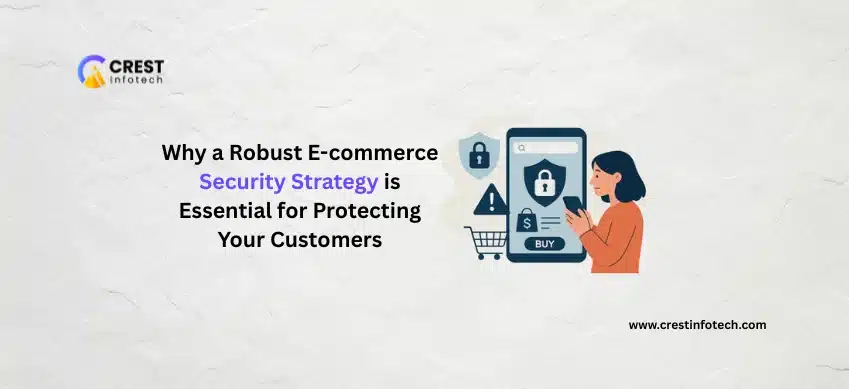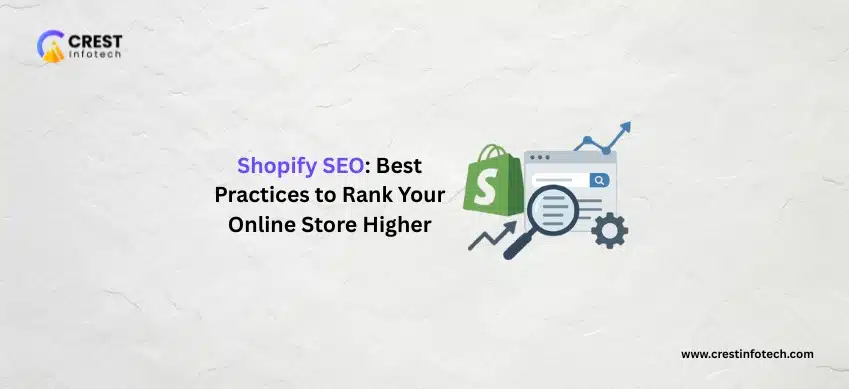Trust is currency in e-commerce. Your customers aren’t just buying products — they’re handing over personal and financial data. One misstep in your security can cost you everything from lost revenue to irreparable brand damage.
Here’s why building a secure e-commerce environment isn’t just smart — it’s essential.
1. Your Store Is a Prime Target
From startups to established brands, no e-commerce store is too small to be attacked. Cybercriminals exploit everything from weak passwords to outdated plugins.
- Phishing scams trick customers and admins
- Malware injects malicious code into checkout pages
- Data breaches expose personal and payment info
2. Security Builds Trust (and Conversions)
A secure site doesn’t just protect — it converts. Shoppers are more likely to complete purchases when they feel safe. Look at it this way:
- 🔒 SSL certificates show your site is legitimate
- 🛡️ Secure checkouts reduce cart abandonment
- 🔍 Transparency about data practices builds confidence
“If your customers hesitate before clicking ‘Buy Now’ — you have a trust problem, not a pricing one.”
3. The Must-Have Elements of Your Security Strategy
Here’s what your e-commerce security foundation should include:
- SSL encryption: Secure all data in transit
- PCI-DSS compliance: If you accept cards, this isn’t optional
- Firewall & malware scans: Actively block threats
- 2FA & login protection: Secure access for admins & users
- Data backups: Daily, automated, and offsite
4. Secure Payments = Happy Customers
Payment info is gold to hackers. Don’t try to store or manage it manually unless you’re fully compliant and know what you’re doing.
Use trusted gateways: Stripe, PayPal, Square, Razorpay.
Enhance payment protection with:
- 3D Secure and tokenization
- Fraud detection systems
- Redirected hosted checkout (optional but safer)
5. Be Privacy-First, Always
With GDPR, CCPA, and other regulations in place, you need to give customers control of their data.
- Only collect what’s essential
- Offer opt-in, not opt-out
- Make it easy to edit or delete user data
This isn’t just about compliance — it’s about respect.
6. What Happens If You Don’t Prepare?
Let’s keep it simple:
- Customers lose trust
- Sales decline
- You may face legal consequences
- Your reputation could take years to rebuild
And if you’ve ever seen a headline like “Popular online store hacked — customer data leaked”? That’s what you’re avoiding.
Final Thoughts
Security is not a one-time setup — it’s a culture. It’s a silent promise that says: “You’re safe here.”
Invest in it. Maintain it. Lead with it.
The safest stores don’t just win customers — they keep them.



